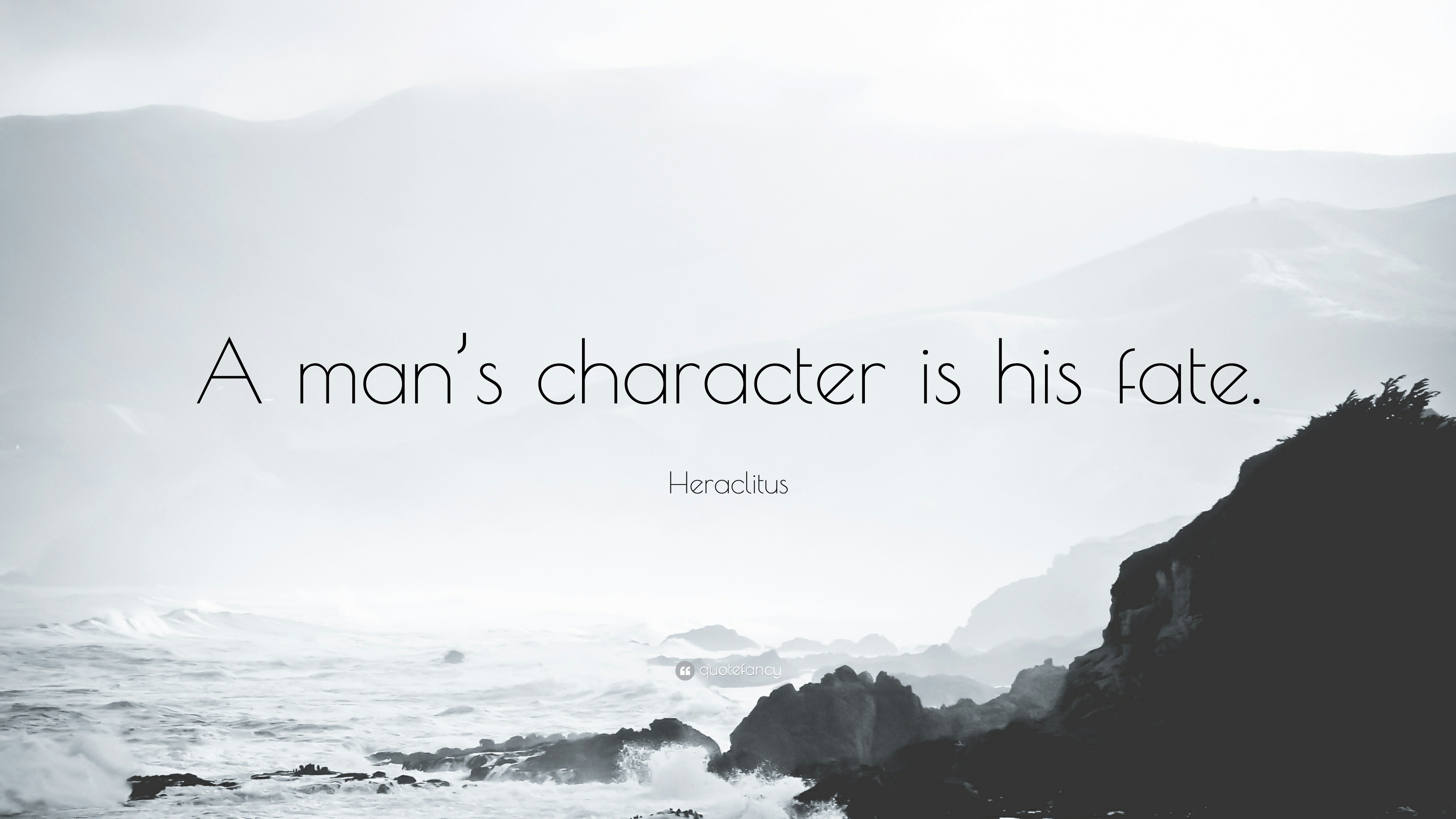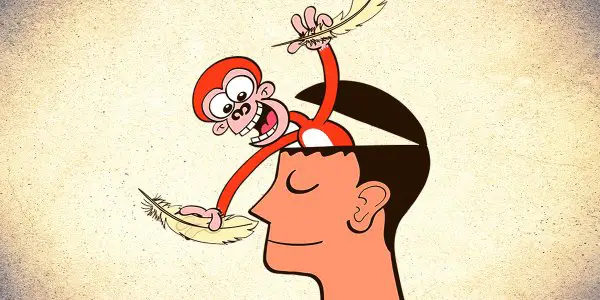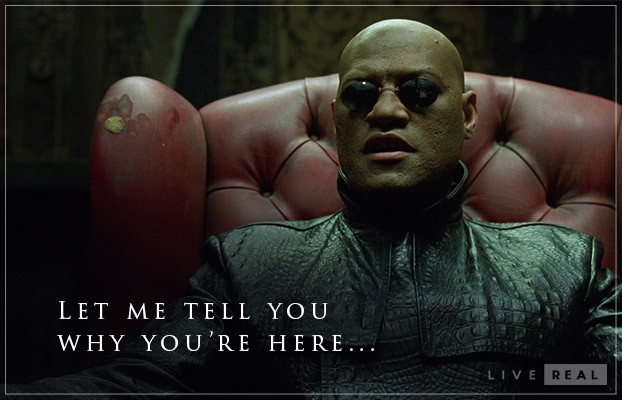Almost anything worthwhile takes time and practice.
This includes relationships, athletic or academic endeavors, and oh, you know, lasting inner peace.

A talented runner can show up any day of the week and race well. With that being said, they’re not running near their potential if they are not putting in the necessary work beind the scenes in preparation.
Similar to karma, doing the right thing, over and over again, even when boring or tedious, compounds and builds.
I run quite a bit. Not nearly as much as others, but more than your average workout guy. I’m trying to buy into the long-term game with a belief that it will take years of consistency to reach my best. As humans, we find it hard to conceptualize far down the line and usually prefer instant gratification. That 35 minute easy run where I make myself slow down so I can recover better before the next workout is not always easy and sometimes harder to do correctly than an actual workout.

I was listening to a podcast with beloved meditation teacher Jospeph Goldstein and he made the point that cultivating peace within us takes time.
It is worth noting that the Buddha said “The highest happiness is peace.”
Yes, there are different levels of happiness.
Eating my favorite ice cream with loads of sprinkles may bring me temporary happiness, but this is fleeting and often only brings on more craving.
The highest happiness involves a peace and contentness in almost any situation.
This takes a lot of practice.

This is not some faulty optimism that anyone can fake. Nor is happiness appropriate in certain situations, like when a family member dies.
Peace can go beyond happiness. From what I can gather, peace contains a real inner wisdom from years of practice.
Contrary to what some might think, the quieter our minds, the happier we are.
How can we do this? By paying attention and making the day count.
Formal meditation practice and consistent mindfulness practice in day-to-day activities have been shown from plenty of research studies to have multiple benefits, mentally and physically.
But it’s not easy to do. Anyone who tells you that it is easy probably does it wrong.
It can be intimidating to think of the long game, but ironically and thankfully, the mindfulness spiel is primarily focused on now, the present.
The Path is the Goal.
Having an aim/goal is important, but there is value in recognizing we only have one day at a time. What we do each day will compound over time.
Whether I ultimately run the time I want in a race is not as important as the day in, day out efforts.
I’ve got so much work to do on my mindfulness path, my career path, my relationships path, my athletic path, and more. Thankfully, I can start right now.












